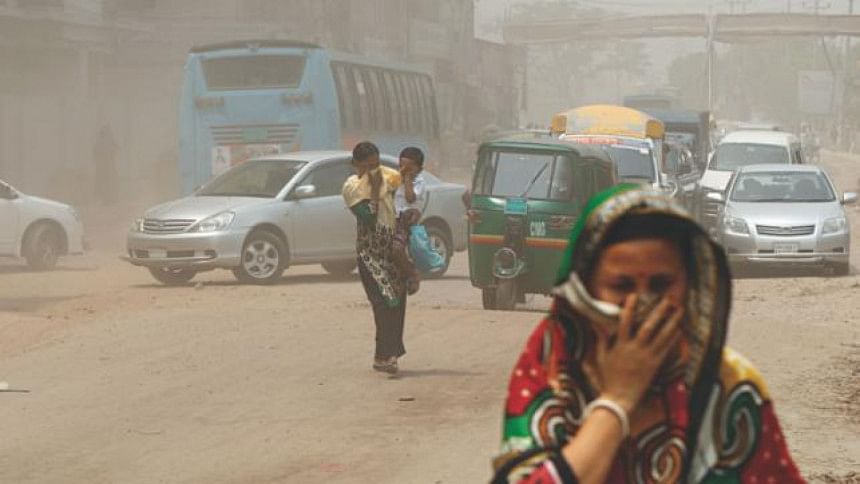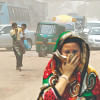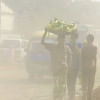Steep rise in air pollution

A new global study on air pollution has placed Bangladesh among three countries experiencing the steepest air pollution levels in the world since 2010. Bangladesh has suffered a steady decrease in air quality over the past years, largely because of dust and industrial pollution resulting from the operation of brick kilns as well as development works, among other sources. Particularly, the capital's air quality is of a questionable standard. Air pollution is one of the major causes of deaths in Bangladesh, and the fourth highest globally, which makes it imperative that it will be addressed with due seriousness.
As well as outdoor air pollution, there are concerns about indoor air pollution as well, caused by the burning of solid fuel typically used for cooking. Some steps have been taken in this regard, like distributing improved cookstoves, but the pollution reduction target must be matched with the reality on the ground and followed up with durable and sustained measures as well as raising awareness for a lasting solution. The fight against air pollution has been proved to be a difficult one globally but the cost of not doing enough, especially in poor, developing countries like Bangladesh, is also too great to ignore. In 2016, according to the Health Effects Institute (HEI) study, air pollution contributed to an estimated 6.1 million deaths in the world.
A threat of this magnitude warrants appropriate policy consideration which, for our government, includes an immediate step to modernise or replace traditional brick kilns, a major source of pollution, reduction in fuel consumption as well as emissions from vehicles, and so on. Bangladesh's air quality is already one of the worst. Unless we respond to this danger in a befitting manner, things will only get worse from here on.

 For all latest news, follow The Daily Star's Google News channel.
For all latest news, follow The Daily Star's Google News channel. 








Comments